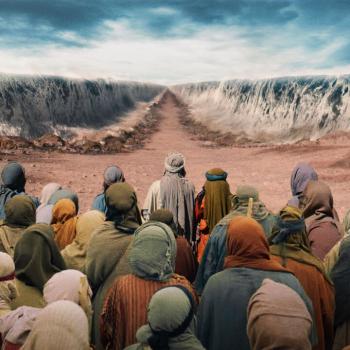David Tracy gave a long lecture on the “tragic unconscious of the West.” He summarized the tragic vision as including a) necessity; b) intense suffering and c) an active response to suffering that is not necessarily heroic. One of the intriguing points he made was that tragedy’s necessity is often a contingent necessity. A “contingent necessity” is a fact that is strictly contingent but that once factual becomes necessary. He cited Socrates who argues that a man sitting down is necessarily sitting; his act of sitting down is contingent, a choice, but once he’s seated, he is necessarily so. Much of our lives are shaped by such contingent necessities – our family of origin, our nationality, language, socio-economic status and so on are all contingent facts about us, but once they are factual they necessarily need to be dealt with. Tragedy, Tracy suggested, is often about contingencies becoming necessities.
This is an intriguing point, but I fail to see how this necessitates a tragic vision. They have tragic outcomes, it seems, only when they are construed as obstacles or limits to our action, limits to our freedom. And they are construed as obstacles only if we have made the prior assumption that absolute freedom is a human aspiration.
But contingent necessities might be construed not as limits or obstacles but as gifts, and even as necessary conditions for my freedom. The language I learned as a child is not an obstacle to free expression, not a tragic outcome, but rather the only means I have for freely expressing myself. By contrast, I cannot express myself in any way, cannot com-municate, without receiving that language. Any other contingent necessities could be construed in the same way, which is to say comically.















